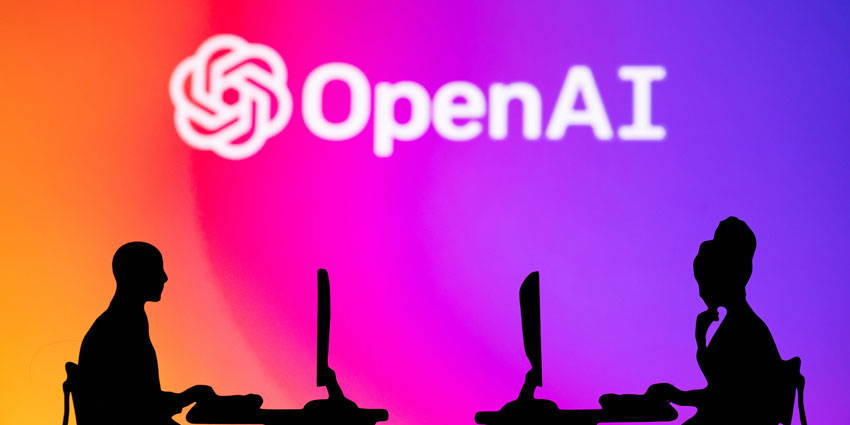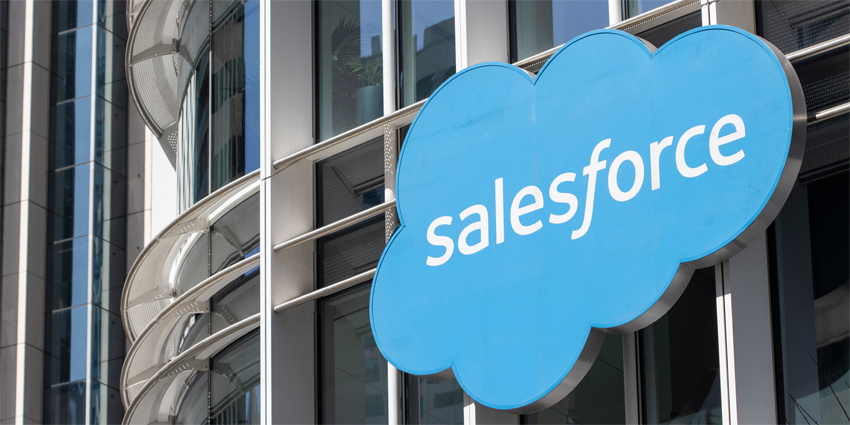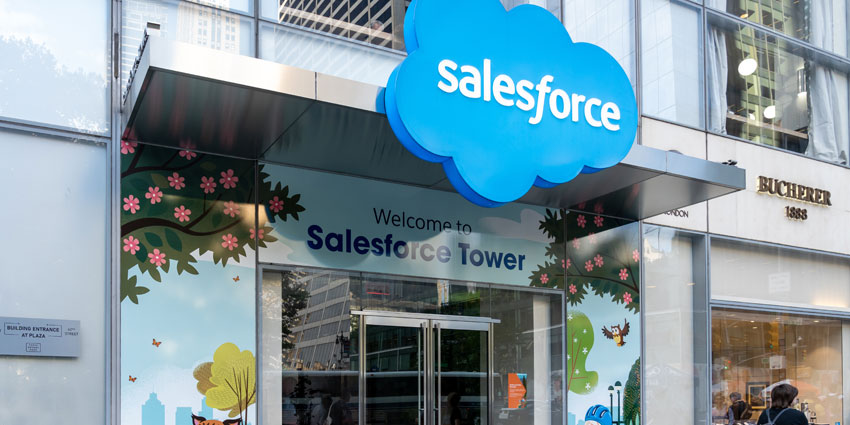AI, automation, and efficiency were the words of the day at the Dreamforce conference, Salesforce’s annual get-together aimed at showcasing new products and features.
The conference featured scores of panels debating the future of the customer experience industry and Salesforce clients recounting successful partnerships, peppered with big and small product announcements.
While not explicitly mentioned, it was clear that behind many product launches and feature tweaks stood the specter of rising consumer prices and a potential recession, which has already started to affect the CX industry.
So, in case you missed them, here are some of the most important announcements from Dreamforce this year.
Salesforce Genie
Hailed as the company’s “biggest innovation in 20 years”, Genie is Salesforce’s stab at helping companies deliver ultra-personalized customer experiences while minimizing the work needed to deliver them.
Centered around a dashboard, Genie brings together customer data that is typically siloed in different channels.
The AI-powered platform then creates a customer profile from which users, such as agents, can draw from during customer interactions.
Salesforce is keen to point out that while it might look like just another Customer Data Platform (CDP), it innovates in a few key areas.
First, it is real-time, which means it collects and unifies data in milliseconds and lets brands act instantly.
Second, it enables all teams — sales, service, marketing, commerce, and more — to leverage and contribute to Genie data. In contrast, other customer data platforms on the market focus only on marketing and/or commerce, the company says.
The strong focus on AI and automation to draw insights from vast amounts of data points to Salesforce’s understanding that today’s businesses probably have more data than they know what to do with and not enough people to process it. So letting a computer do all the work and having a human come in to make executive decisions with the results makes sense, especially as cost of labor becomes a key consideration for buyers.
Contact Center Genie
As part of the new Genie platform, Salesforce also introduced Contact Center Genie, an AI-powered platform that brings together contact center functionalities like messaging, voice, and bots while providing real-time assistance to agents.
CC Genie integrates chats from a company’s website, app, and even WhatsApp. The company was keen to stress that the new platform is “one easy, affordable package that can transform your contact center today, not years from now.”
Salesforce executives said that CC Genie can help lower call volumes by directing customers to self-help functionalities. It can also transition customers to an agent without having to start the interaction from scratch.
Slack Canvas
Canvas provides users with a persistent layer that allows them to create and share information across teams, almost like a whiteboard. Text, images, videos, and files like Google Docs and PDFs can all be added to the Canvas.
Social media integrations and external links to resources like news articles, for example, can also be added, helping to create a virtual office space where users are meant to exchange ideas and draw inspiration from.
Other use cases for Slack Canvas include onboarding new hires, executive briefings, marketing campaigns, account updates, incident reports, and company newsletters.
Expanded WhatsApp Integrations
Unlike in most of the English-speaking world, WhatsApp is used by businesses in many countries as the preferred communication channel with customers, from providing order updates to offering support services.
Recognizing this, Salesforce announced a raft of new WhatsApp integrations to its platforms, aimed at helping businesses reach out to the growing percentage of customers that prefers to interact with companies via message, as evidenced by Kantar research cited by Salesforce.
WhatsApp messaging will be built into Salesforce Marketing Cloud, Service Cloud, and Commerce Cloud applications. The integrations are expected to come starting in December.







